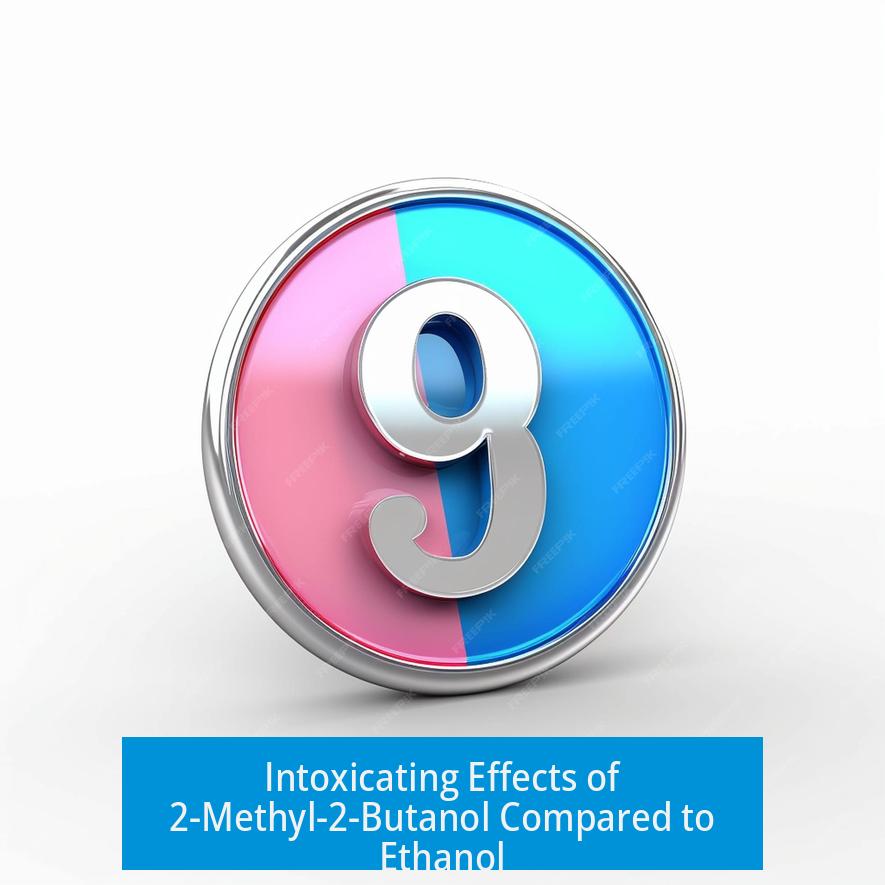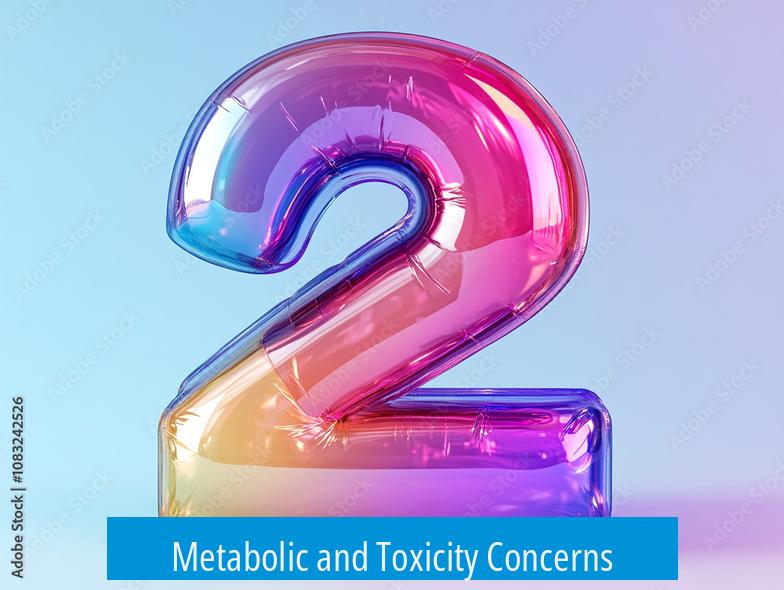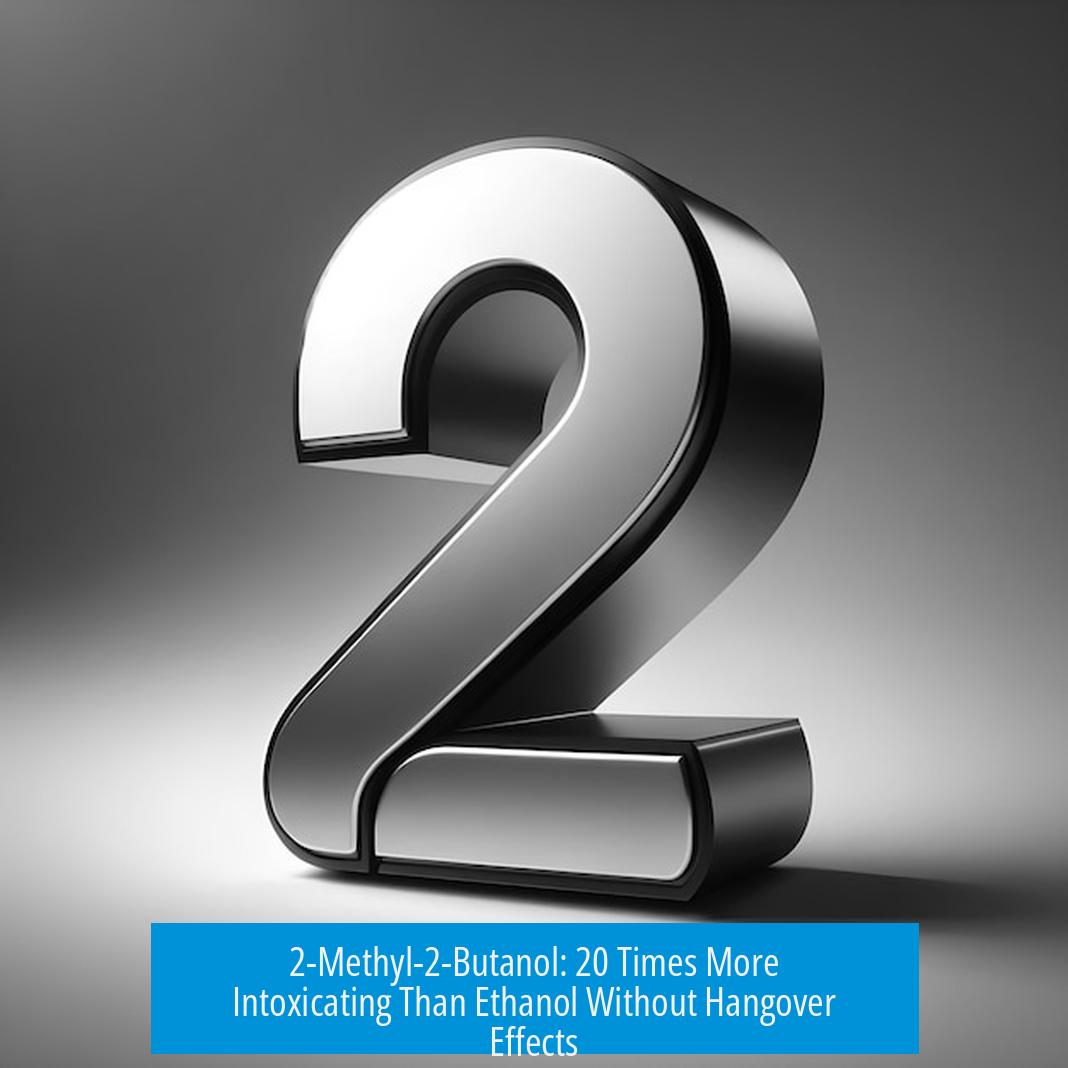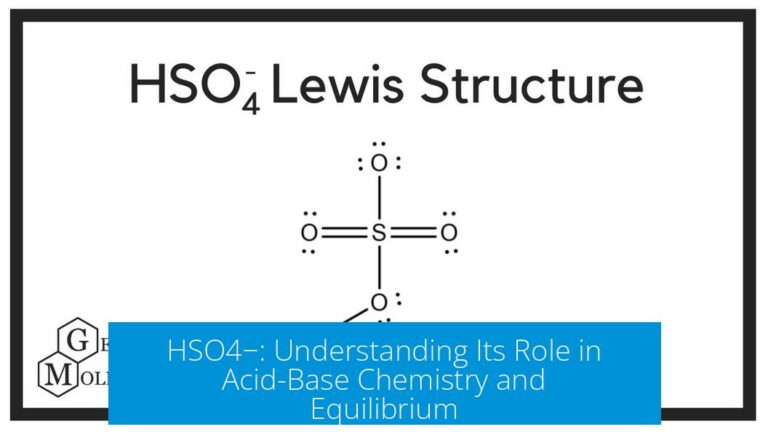Intoxicating Effects of 2-Methyl-2-Butanol Compared to Ethanol

2-Methyl-2-butanol (2M2B) is not established as being 20 times more intoxicating than ethanol (C2H5OH), nor is there verified evidence that it does not cause hangover effects. Existing data indicate that 2M2B’s intoxicating effects differ markedly from ethanol’s and are generally considered inferior.
Comparing Intoxication Potency
2M2B has been used as an intoxicant but produces effects that are qualitatively distinct from ethanol. It is not directly comparable in terms of potency like a 20-fold increase. Unlike ethanol, which produces widely studied and documented effects including a characteristic type of intoxication and hangover, 2M2B lacks comprehensive human studies supporting such claims.
Other substances like gamma-hydroxybutyrate (GHB) and benzodiazepines may mimic alcohol’s effects more closely, sometimes with fewer side effects in controlled use, but 2M2B does not appear among these substances for ethanol-like experience.
Metabolic and Toxicity Concerns

2M2B metabolizes into 2-methylbutyric acid, a compound labeled with significant health hazards (HMIS and NFPA704 rating of 3). This metabolite can cause severe tissue damage and poses serious toxicity risks.
Such toxic metabolites can cause acute poisoning and long-term damage, which may overshadow any intoxicating benefits—this also implies potential for serious adverse aftereffects, complicating claims of avoiding typical “hangover” symptoms.
Risks of Use as an Intoxicant
- 2M2B and similar organic solvents are discouraged for recreational use due to toxicity and addiction risks.
- Physical dependence may develop quickly, within a week in some anecdotal reports.
- Medical literature warns against ingesting solvents claiming improved intoxication or reduced hangover.
These risks emphasize why 2M2B is inferior and more hazardous compared to ethanol despite any intoxicating effect it may produce.
Summary of Key Points
- No verified evidence supports 2M2B being 20 times more intoxicating than ethanol.
- 2M2B intoxication differs and generally is considered inferior to ethanol’s effects.
- Its metabolism produces toxic compounds causing severe health risks.
- Claims that 2M2B does not cause hangover lack scientific support.
- Use of 2M2B as a recreational intoxicant presents addiction and toxicity dangers.
Is 2-methyl-2-butanol really 20 times more intoxicating than ethanol?
The provided information does not confirm that 2-methyl-2-butanol (2M2B) is 20 times more intoxicating than ethanol (C2H5OH). In fact, it suggests 2M2B’s effects are generally considered inferior to ethanol.
Does 2-methyl-2-butanol cause a hangover like ethanol?
There is no clear evidence that 2M2B does not cause hangovers. The content does not support claims about hangover effects, instead warning about its toxic risks.
Are there serious health risks associated with 2-methyl-2-butanol use?
Yes. 2M2B is metabolized into toxic compounds such as 2-methylbutyric acid, which can cause severe damage, including eye injury and other health hazards.
Is 2-methyl-2-butanol safe to consume as an intoxicant?
No. Experts warn strongly against drinking 2M2B or similar organic solvents. It can be physically addictive and toxic, posing serious health risks.
How does 2-methyl-2-butanol compare to other intoxicants like GHB or benzodiazepines?
2M2B is not closely compared to substances like GHB or benzodiazepines but is described as having different, generally inferior effects to ethanol, with greater toxicity and risks.





Leave a Comment